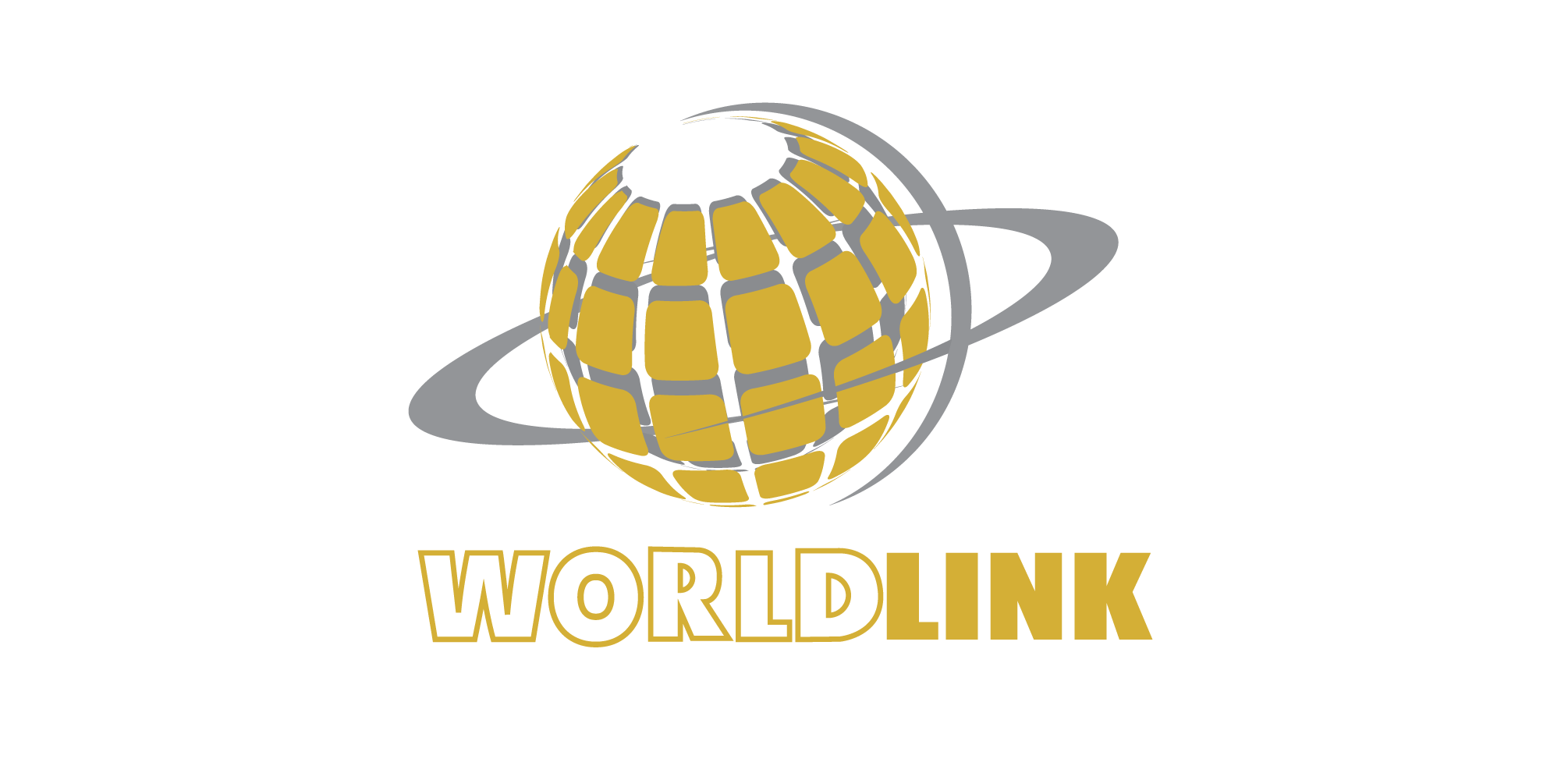Migration Program Planning Levels
- Worldlink

- Jul 22, 2022
- 3 min read
The 2022-23 Migration Program has been designed to boost Australia’s economic recovery and drive social cohesion outcomes in the post-pandemic environment. The 2022-23 Migration Program will have a planning level of 160,000 places with the following composition:
Skill (109,900 places) – this stream is designed to improve the productive capacity of the economy and fill skill shortages in the labour market, including those in regional Australia.
Family (50,000 places) – this stream is predominantly made up of Partner visas, enabling Australians to reunite with family members from overseas and provide them with pathways to citizenship.
From 2022-23, Partner visas will be granted on a demand driven basis to facilitate family reunification. This will help reduce the Partner visa pipeline and processing times for many applicants.
40,500 Partner visas are estimated for 2022-23 for planning purposes, noting this estimate is not subject to a ceiling.
3000 Child visas are estimated for 2022-23 for planning purposes, noting this category is demand driven and not subject to a ceiling.
Special Eligibility (100 places) – this stream covers visas for those in special circumstances, including permanent residents returning to Australia after a period overseas.
The Minister for Immigration, Citizenship, Migrant Services and Multicultural Affairs can redistribute places between Skill stream visa categories on an ongoing basis to respond to changing economic conditions as they occur.
Migration Program planning levels as announced as part of the 2021-22 and 2022-23 Federal Budgets:

*Planning levels for these categories are estimates only as they are demand driven and not subject to a ceiling.
**The total for the Family stream in 2021-22 does not include the Child category. For planning purposes both Child and Partner visa categories are counted towards the total Family stream in 2022-23.
Program size and composition
The size and composition of the Migration Program is set each year alongside the Australian Government’s Budget process.
To inform the planning levels and policy settings of the 2022-23 Migration Program, the Department of Home Affairs (the Department) consulted widely with state and territory governments, representatives of academia, industry, unions and community organizations between November and December 2021.
The Department also invited public submissions as part of the 2022-23 Migration Program planning process. This process has now closed.
Public submissions, economic and labor force forecasts, international research, net overseas migration and economic and fiscal modelling are all taken into account when planning the program.
For further information on the 2022-23 Migration Program, please see the Department of Home Affairs Frequently Asked Questions (213KB PDF).
State and Territory nominated visa categories – 2021-22* nomination allocations
*Please note that nomination allocations for the 2022-23 Program year are forthcoming.
Under the 2021-22 Migration Program settings, nomination allocations are made available to States and Territories in the following visa categories:
Skilled – Nominated (subclass 190)
Skilled Work Regional (Provisional) (subclass 491)
Business Innovation and Investment Program (BIIP)
States and Territories each assess eligible applicants against criteria unique to their jurisdiction.
Further information on State and Territory nomination requirements can be found at:
ACT – Skilled Visa - ACT nomination and Business Migration Guidelines
NSW – Visas and Immigration
VIC – Live in Melbourne
WA – Business Migration Western Australia (BIIP) or Skilled Migration Western Australia (190 and 491 visas)
TAS – Migration Tasmania
Following consultation with States and Territories, the following nomination levels have been allocated for 2021-22:
State and Territory nominated visa allocations

For more info click here.

Comments